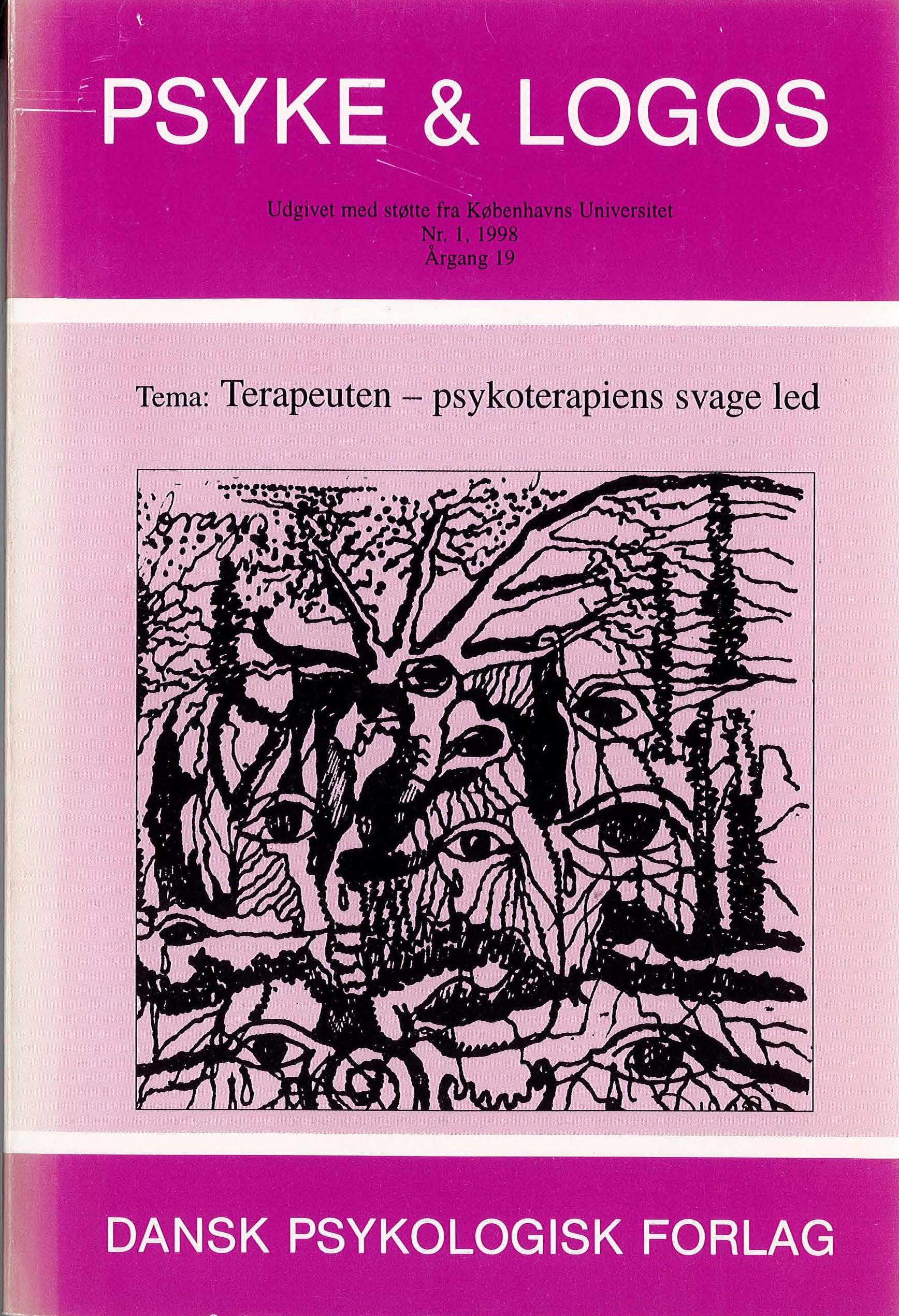MAN KAN IKKE BINDE ÅND
- om falske erindringer i psykoterapi
DOI:
https://doi.org/10.7146/pl.v19i1.133357Resumé
Nogle psykoterapeuter forsøger at genopvække fortrængte barndomserindringer om incest ved hjælp af særlige hukommelsesteknikker. Eksperimentelle kognitionspsykologer angriber sådanne metoder for at være stærkt suggestive, og fremfører at mange af de derved fremkomne traume-erindringer højst sandsynligt er fantasifostre. Her belyses den historiske og teoretiske baggrund for disse stridigheder. Indførelsen af diagnoserne P0ST-TRAUMATIC STRESS DIS0RDER og MULTIPLE PERSONALITY DIS0RDER autoriserede en opfattelse af, at traumatiske oplevelser har sygdomsforklarende egenskaber. Brugen af disse diagnoser undergik radikale ændringer op gennem 80'erne, hvorved de i stigende grad implicerede, at hukommelsen har særskilte funktionsmåder overfor (seksuelle) traumer. Det kliniske begreb om dissociation samt de konkrete komponenter i terapeutiske, traumeorienterede genkaldelsesteknikker diskuteres her og modstilles konstruktivistiske opfattelser af hukommelsens funktionsmåder. Endelig inddrages kulturelle forandringer i kvindens livssituation i overvejelser over traume-erindringers betydning for 80 'ernes og 90 'ernes kvindefortællinger. Til slut diskuteres kort forholdet mellem psykologisk praksis og videnskab.
Downloads
Publiceret
Citation/Eksport
Nummer
Sektion
Licens
Ophavsret er tidsskriftets og forfatternes. Det er gældende praksis, at artikler publiceret i Psyke & Logos, som efterfølgende oversættes til andet sprog, af forfatteren frit kan publiceres i internationale tidsskrifter, dog således at det ved reference fremgår, at den oversatte artikel har et forlæg i en dansksproget version i Psyke & Logos. Artikler kan frit deles og linkes til på forsknings- og undervisningsnetværk (så som Blackboard). Link foretrækkes, fordi det giver oplysning om brug af tidsskriftets artikler.




